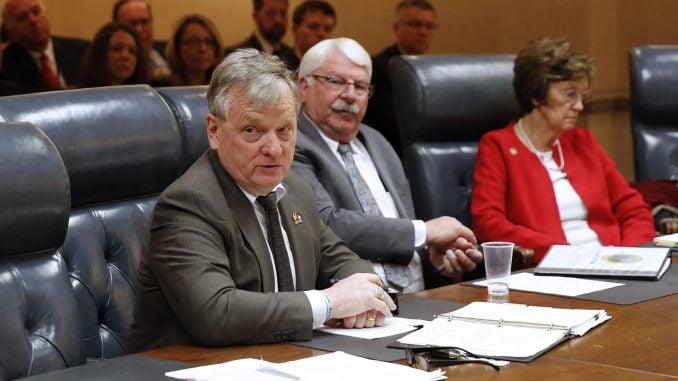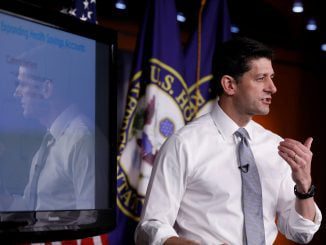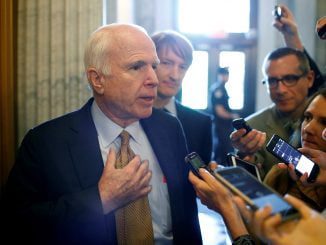
Imagine that your daughter is buying her first car. She asks for your advice on picking one, because she doesn’t have a good sense of how much to pay or how to choose.
You might explain to her what different kinds of cars typically cost. You might send her to see a trusted salesperson. But you probably wouldn’t hand her your credit card, blindfold her, let her walk into the nearest dealership and tell her you’ll pay for the first car she touches.
Yet that’s the current approach used by North Carolina to pay for healthcare for teachers, nurses, state troopers and retirees on the state health plan. Without price transparency, public servants are getting ripped off, or, even worse, they’re forced to skip needed care because they fear an unknown cost.
Why does North Carolina outlaw common-sense transparency that could increase savings for state employees and lower costs for taxpayers? It’s because powerful healthcare interests know that transparency creates consumer choice and enables competition, eating into their billions of profits (and don’t be fooled — “non-profit” healthcare systems lobby against transparency and make billions while paying their leaders exorbitant salaries).
Other state healthcare plans have figured out what all of us already know: knowledge is power when it comes to healthcare. Recognizing this fact, many states require that critical price information be made available to patients.
Some states, like New Hampshire, Kentucky, and Utah, have even established “right-to-shop” programs. Under these programs, workers and taxpayers share in the millions in savings when state employees use more affordable healthcare options. And California and Montana use “reference-based” pricing to equalize wildly different pricing for the same care at different locations. Prices paid in California’s program fell by one-quarter in the first two years, while Montana saw a savings of nearly $50 million in only the first two years of its program.
The Cicero Institute estimates that fully incorporating reference pricing into state employee health plans across America could directly save taxpayers $4 billion a year. As these reforms create a culture of choice, the savings to consumers could add up to $16 billion while enabling new competition and innovative ways to deliver better, more-affordable healthcare.
But these benefits are not reaching North Carolinians. Instead, under so-called “data use restrictions” written into state law by special interests, North Carolina prohibits sharing price information with patients.
Courageous leaders, like state Treasurer Dale Folwell, have identified this problem and are working to fix it. The State Employees Association of North Carolina (SEANC) supports his efforts to help its 55,000 members afford high quality healthcare. But behind closed doors, special interests are fighting to keep price information secret. Some go as far as to send the treasurer completely blacked out contracts, as if they were hiding a classified national security plan.
I started multiple multi-billion dollars companies in various industries before getting involved in pro-consumer policy, but you don’t have to be a business whiz to understand what’s going on here. The more information big hospitals and insurance companies can keep to themselves, the more money they can make off the rest of us. Our politicians need to stop playing games with state employees’ health and embrace full price transparency — like that required by recent federal rules.
North Carolina patients are in the dark. As a result, teachers, nurses, state troopers and retirees are incurring exorbitant medical bills when more affordable options might be across the street.
And even if a more affordable option doesn’t exist today, transparency can create the incentive for better, cheaper options to exist.
Here’s a simple proposal: Why don’t we take off the blindfolds?
Joe Lonsdale is an American entrepreneur and technology investor who founded the Cicero Institute, a policy organization that develops entrepreneurial solutions to public problems. Follow him on Twitter @JTLonsdale.



